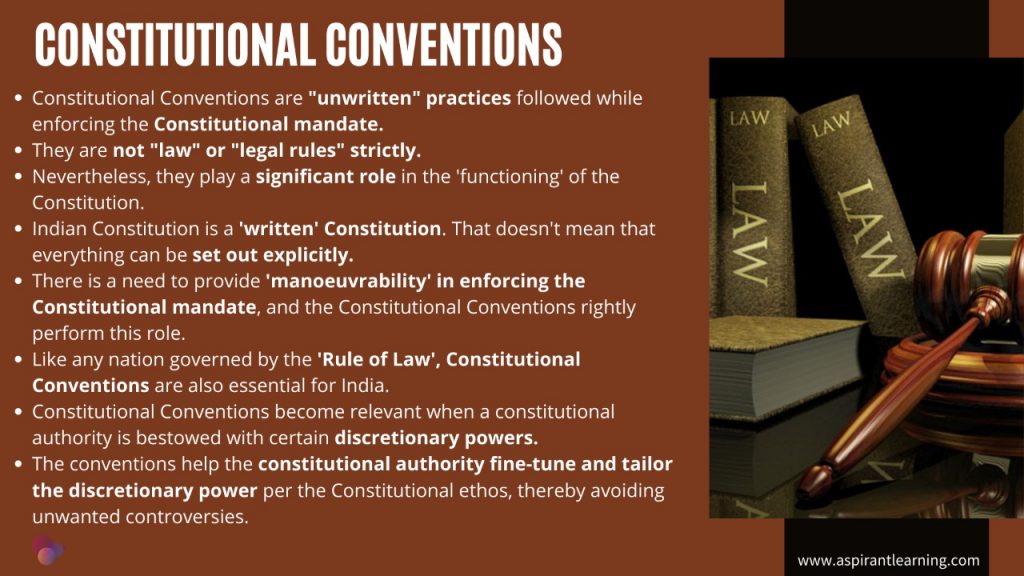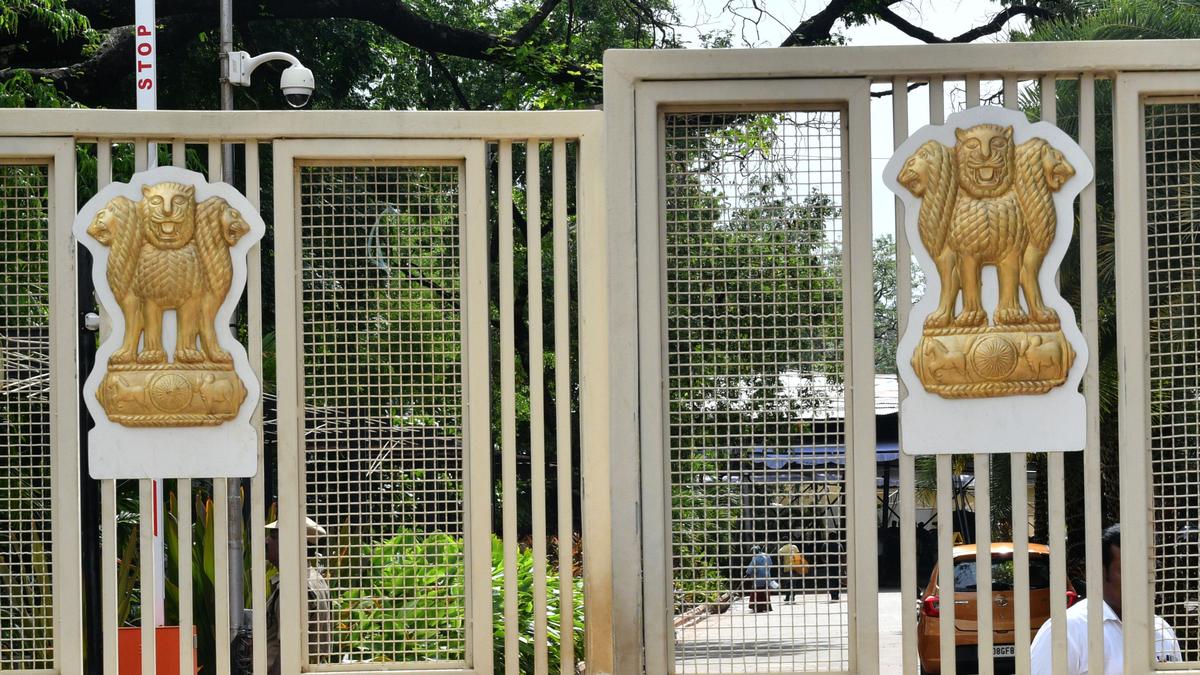News Highlight
Governor’s Address to the State Legislature: governor’s departure from the convention has set off unsavoury events.
Key Takeaway
- The address of the Tamil Nadu Governor to the Legislative Assembly to open the new year’s first session yielded the sort of drama that many foresaw.
- In addition, the governor has been voicing controversial political views for quite some time.
- His indiscreet remarks in recent days to the effect that the State should not call itself ‘Tamil Nadu’.
- Furthermore, its politics were “regressive”, portending tension when he came to address the House.
- Additionally, against this backdrop, the governor chose to skip portions of the prepared text.
- It includes a reference to the “Dravidian model of governance” and words commending the law-and-order situation in the State.
- As a result, the Chief Minister of the state moved a resolution demanding only the original printed speech in Tamil be put in records.
- Governor reacted to this unprecedentedly by staging a walkout from the House in protest even before the national anthem was played.
Constitutional Provision
- The President (Article 87) and the Governor (Article 176) have the authority to address a legislative session within the terms of the Constitution.
- The special power is applicable on two occasions.
- The first is to address the first session of a newly elected legislature following a general election.
- The second is to address the legislature’s first session each year.
- They are a constitutional necessity and are sometimes referred to as the President’s or Governor’s Address.
- Furthermore, a new or continuing legislative session cannot begin unless these criteria are met.
Governor’s Address to the State Legislature
- Article 176 of the Constitution
- (1) At the commencement of the first session after each general election to the Legislative Assembly and at the commencement of the first session of each year, the Governor shall address the Legislative Assembly or, in the case of a State having a Legislative Council, both Houses assembled and informed the Legislature of the causes of its summons.
- (2) Provision shall be made by the rules regulating the procedure of the House or either House for the allotment of time for discussion of the matters referred to in such address.
Constitutional provision in refusing to read the text of the speech the Governor disagrees
- The President or a Governor cannot decline to fulfil the constitutional responsibility of addressing the legislature.
- However, there may be occasions when they vary from the text of the government-prepared speech.
- Furthermore, there have been no instances of the President doing so thus far.
- However, on some occasions, a Governor has skipped a section of his or her address before the Assembly.
Does it violate the constitution?
- Many scholars believe that the Constitution’s authors intended for the Governor’s statement to be prepared by the Council of Ministers and read by the Governor.
- As a result, they believe that if a Governor defies this convention and deletes any paragraph of the address under the guise of his discretionary power.
- His behaviour is not illegal from a strictly logical standpoint.
- However, this will undoubtedly strike at the heart of the parliamentary system’s rules.

Pic Courtesy: The Hindu
Content Source: The Hindu



